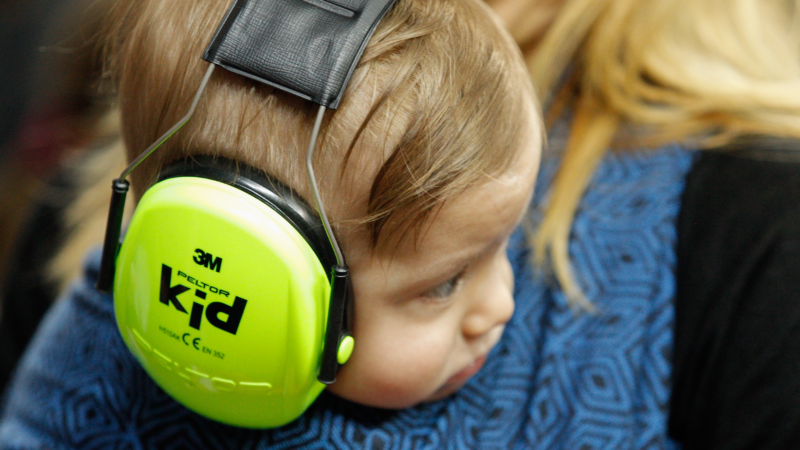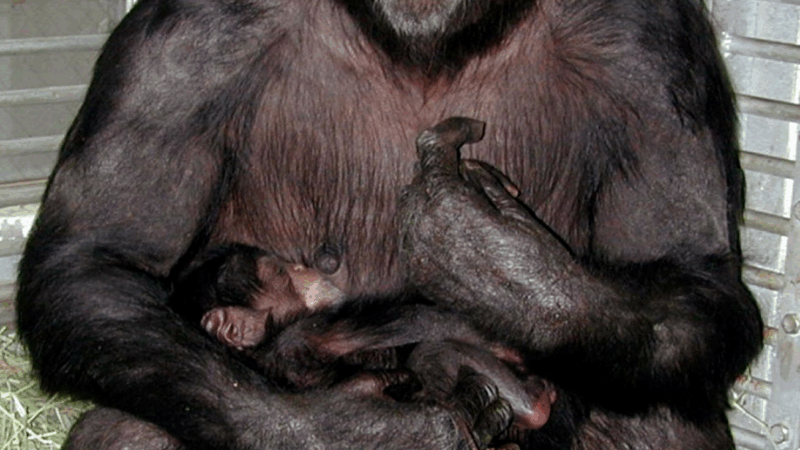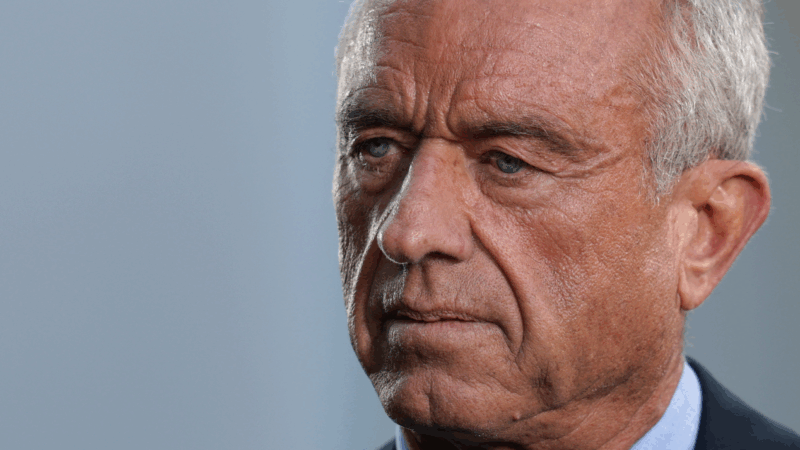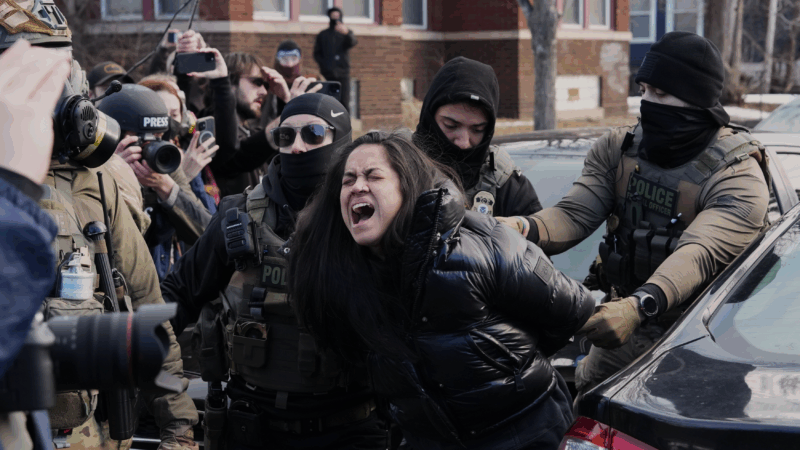March Madness and babies: Are the sounds of the game too big for little ears?
The NCAA basketball tournament is not only exciting, it’s loud! The roar of the crowd and the buzzing of the buzzer as time expires can reach the same volume levels as a jackhammer!
Those noises can also be too much for little ears, according to Dr. Emily Boss, director of children’s ear, nose and throat surgery at Johns Hopkins University.
“We measure loudness in decibels,” Boss said. “A conversation is probably 60 or 65 decibels. Sporting events, concerts, very loud traffic, fireworks can reach decibels somewhere above 95, even up to 110 or 120.”
As loud as those sounds are for adults, Boss says they can seem even louder to babies and toddlers.
She explains that younger children still have developing hearing nervous systems and smaller ear canals, so a loud sound in a smaller ear canal can be amplified even louder.
She says don’t be fooled by the size of the venue. Small sports bars can be as loud as a stadium if you’re sitting close enough to the people doing the hooting and hollering.
So what’s the right age to take a child to a sporting event without worrying too much about the noise?
“We would say probably 2 years old and greater is when you could start taking your children to sporting events and feel more confident about protecting their hearing,” she says. “It’s really just about not sitting right in the thick of the action. Don’t sit next to the game horn.”
To protect your child’s hearing, Boss recommends giving them frequent 15-minute breaks from the noise. You can take them to the lobby or the snack bar. Earmuffs, noise-reducing headphones or ear plugs are also a good idea.
Boss also says, “It’s not just about that one event that you’re taking your child to, but if you’re taking your child to that one event every week, it’s those repeated exposures over time that can contribute to hearing loss.”
A simple rule to remember: if it’s too loud for you, it’s too loud for them.
Opinion: Remembering Ai, a remarkably intelligent chimpanzee
We remember Ai, a highly intelligent chimpanzee who lived at the Primate Research Institute of Kyoto University for most of her life, except the time she escaped and walked around campus.
The near death — and last-minute reprieve — of a trial for an HIV vaccine
A trial was about to launch for a vaccine that would ward off the HIV virus. It would be an incredible breakthrough. Then it looked as if it would be over before it started.
Bessemer data center developer to request rezoning for additional 900 acres
The city’s attorney informed council members of the request on Tuesday, warning that there may be media scrutiny.
Is RFK Jr.’s Administration for a Healthy America — AHA — in the works or not?
The Administration for a Healthy America is RFK Jr.'s plan to tackle chronic disease, addiction and other persistent problems. But so far it's not being set up like previous new agencies.
Major plumbing headache haunts $13 billion U.S. carrier off the coast of Venezuela
The crew of USS Ford is struggling to handle sewage problems on board the Navy's newest carrier.
Events in Minneapolis show how immigration enforcement has changed. What’s the impact?
Minneapolis is at the center of sweeping, evolving federal immigration push. It demonstrates how different immigration enforcement is under Trump's second administration - and raises questions about the lingering effects on local communities and law enforcement.






